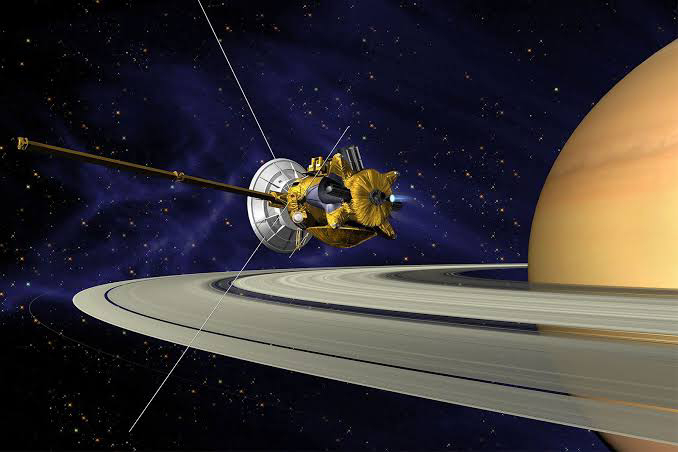Space Travel and Exploration in the 21st Century: Humanity's Giant Leap
Commercial Space Travel:
One of the most significant developments of the 21st century has been the rise of commercial space travel. Private companies like SpaceX, Blue Origin, and Virgin Galactic have taken center stage, making space more accessible than ever before. SpaceX's reusable rockets and ambitious missions to Mars have pushed the boundaries of what was once deemed possible, while Virgin Galactic and Blue Origin have brought space tourism tantalizingly close to reality.
Mars Exploration:
Exploring the Red Planet has been a focal point of 21st-century space exploration. NASA's Curiosity and Perseverance rovers, along with international missions like the UAE's Hope Probe and China's Tianwen-1, have provided valuable insights into Mars' history and potential habitability. Elon Musk's SpaceX aims to take humans to Mars in the near future, presenting an audacious vision of interplanetary colonization.
The International Space Station (ISS):
The ISS has continued to serve as a symbol of international collaboration in space. Throughout the 21st century, astronauts from various countries have conducted groundbreaking research in microgravity, advancing our understanding of biology, physics, and materials science. The ISS remains a critical platform for preparing for deep-space missions and fostering international cooperation.
Lunar Exploration:
The Moon has once again become a target for exploration in the 21st century. NASA's Artemis program aims to return astronauts to the lunar surface by the mid-2020s, including the first woman and the next man. This lunar presence is seen as a stepping stone for future missions to Mars and beyond. Additionally, countries like China have successfully landed rovers on the Moon, expanding our knowledge of Earth's closest celestial neighbor.
Space Telescopes:
The idea of private space stations is taking shape in the 21st century. Companies like Axiom Space plan to build commercial space stations, offering research opportunities and space tourism experiences. These ventures could transform space travel from government-dominated to a commercial industry.
Space Debris Management:
As space travel becomes more commonplace, managing space debris has become a pressing concern. Initiatives to monitor and remove space debris are crucial to maintaining a safe orbital environment for future missions. Several organizations are working on innovative solutions to tackle this challenge.
Space travel and exploration in the 21st century have reached heights unimaginable in previous eras. Commercial space ventures, Mars missions, lunar exploration, advanced telescopes, and international collaboration on the ISS have reshaped our understanding of the cosmos and our place in it. As we continue to push the boundaries of space exploration, the 21st century promises to be a pivotal era in our quest to unlock the mysteries of the universe.







0 Comments